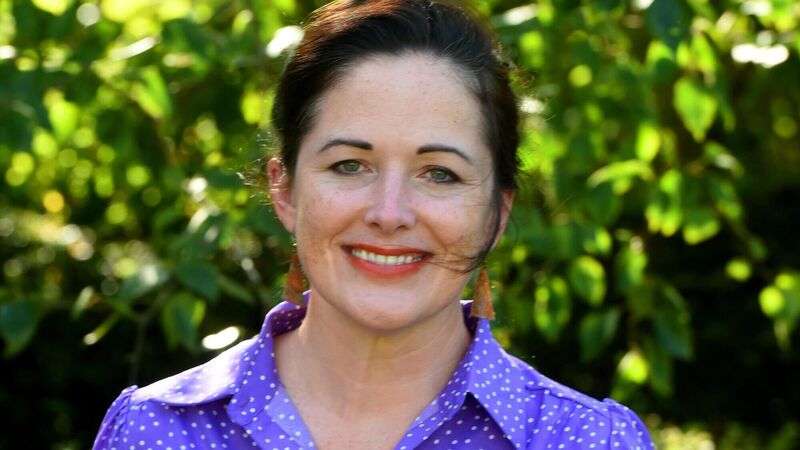Irish Teacher: Am I proud of the system I work within? No, it’s still narrow and brutal

Jennifer Horgan. Picture: Larry Cummins
My friend shared something last week that I’m still thinking about.
She’s recently discovered audiobooks.
Try from €1.50 / week
SUBSCRIBEMy friend shared something last week that I’m still thinking about.
She’s recently discovered audiobooks.
CONNECT WITH US TODAY
Be the first to know the latest news and updates
Newsletter
The best food, health, entertainment and lifestyle content from the Irish Examiner, direct to your inbox.
Newsletter
The best food, health, entertainment and lifestyle content from the Irish Examiner, direct to your inbox.
© Examiner Echo Group Limited